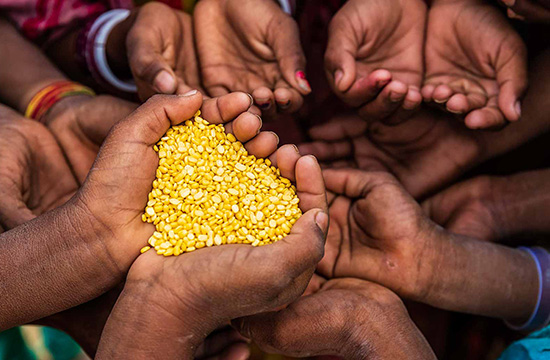
Sustainable farming methods are essential for promoting environmentally responsible and resilient food production. These methods prioritize resource efficiency, biodiversity preservation, and stakeholder collaboration.
Recognizing the multifaceted nature of sustainable farming and its implications for food systems, environmental impact, and community well-being is crucial to developing effective strategies to promote its adoption.
Sustainable, regenerative, and organic farming are distinct approaches with unique characteristics and benefits. Sustainable farming emphasizes long-term ecological and social sustainability, regenerative farming focuses on restoring soil health and ecosystem resilience, and organic farming minimizes synthetic inputs and promotes natural processes.
Understanding the differences and overlaps among these approaches is essential for informed decision-making in agricultural practices.


A sustainable, regenerative, and organic farming profoundly impacts food production, environmental conservation, and community well-being. They contribute to soil health, water quality, and biodiversity preservation, promoting resilience in agricultural systems.
These impacts underscore the urgent need for adaptive strategies to accelerate the adoption of sustainable, regenerative, and organic farming practices.
Adopting sustainable, regenerative, and organic farming presents numerous challenges and barriers. Logistical hurdles, financial constraints, and resistance to change hinder the widespread adoption of these practices.
Overcoming these barriers necessitates stakeholder collaboration, policy changes, and increased consumer demand for sustainable products.


The urgency to promote sustainable, regenerative, and organic farming has never been more significant Recognizing the causes, impacts, and barriers associated with these farming methods is crucial in mobilizing collective action to preserve soil health, water quality, and biodiversity.
Immediate and concerted efforts are necessary to safeguard the well-being of ecosystems, ensure sustainable food production, and promote economic resilience through these practices.

